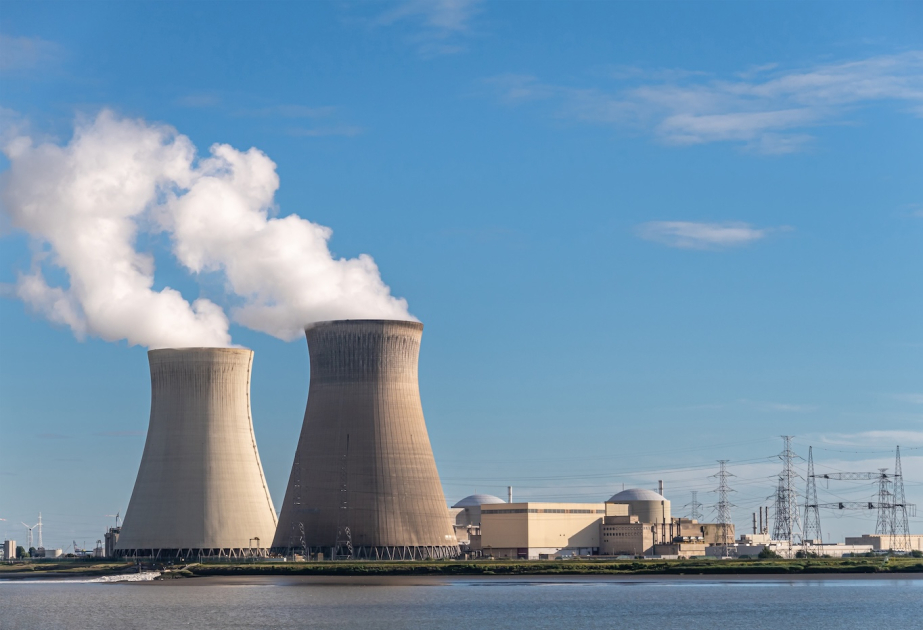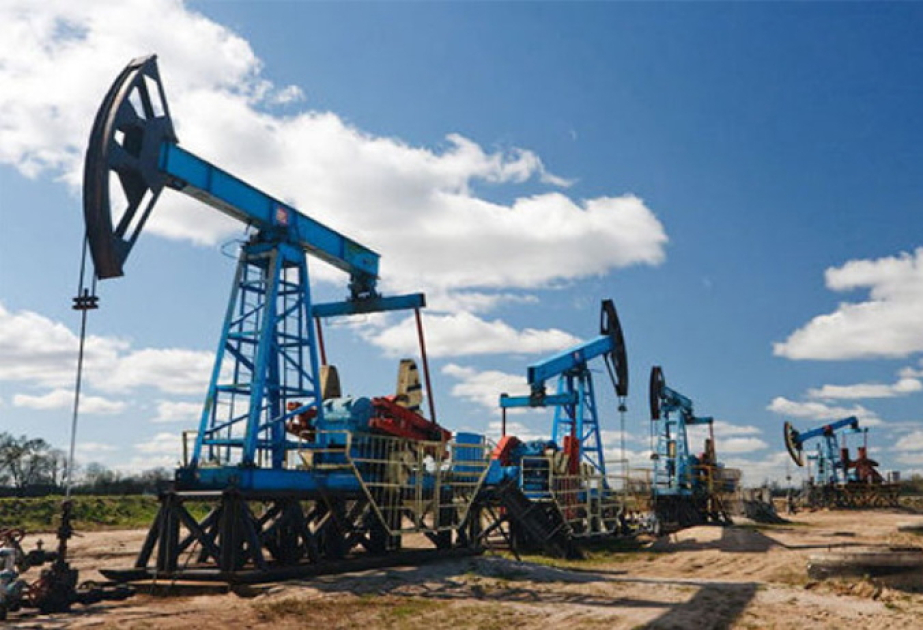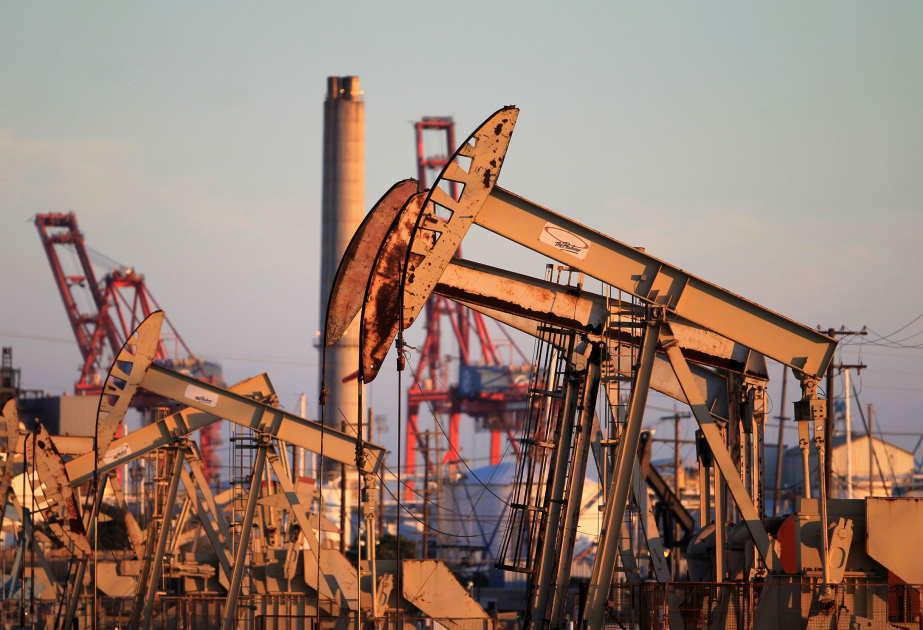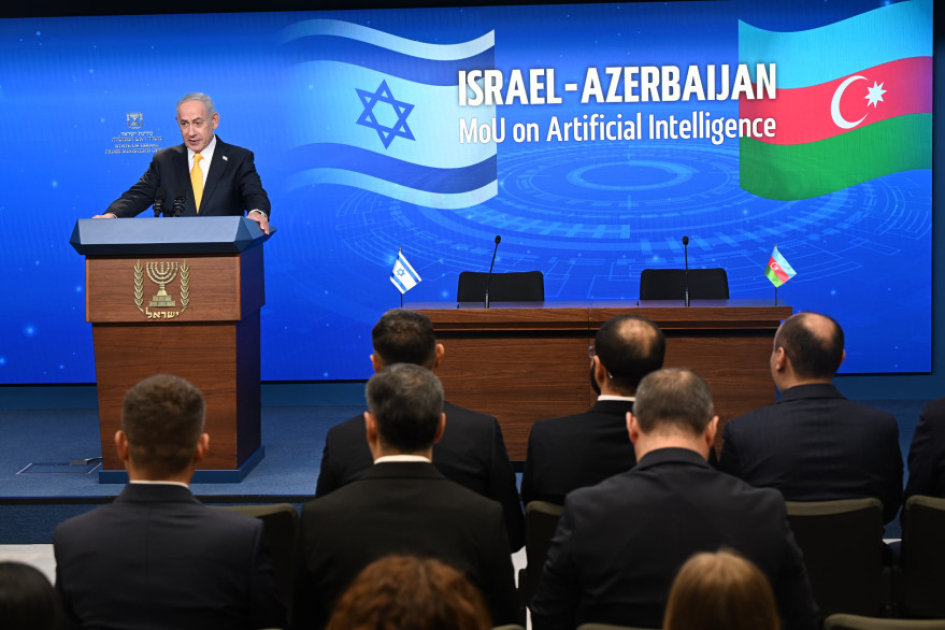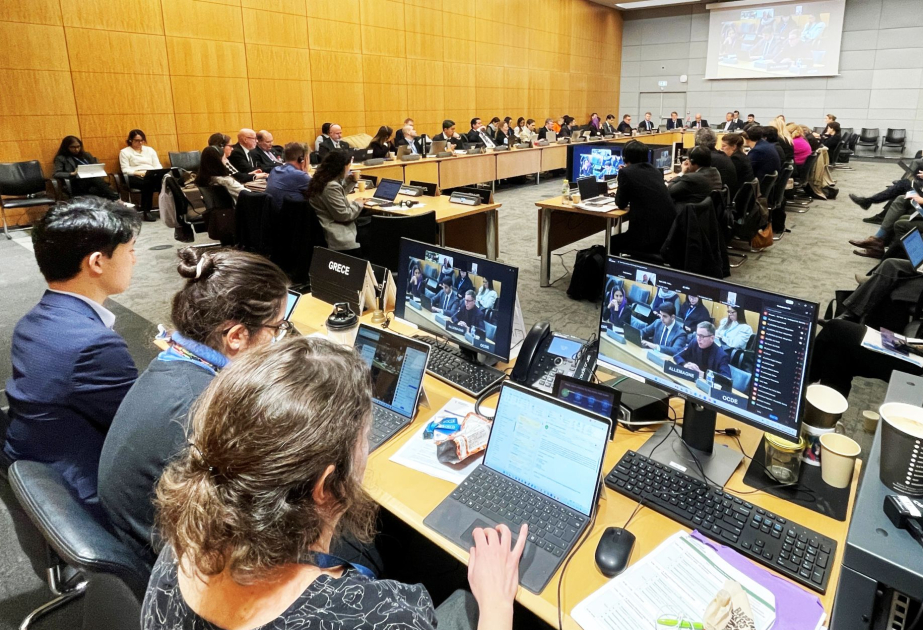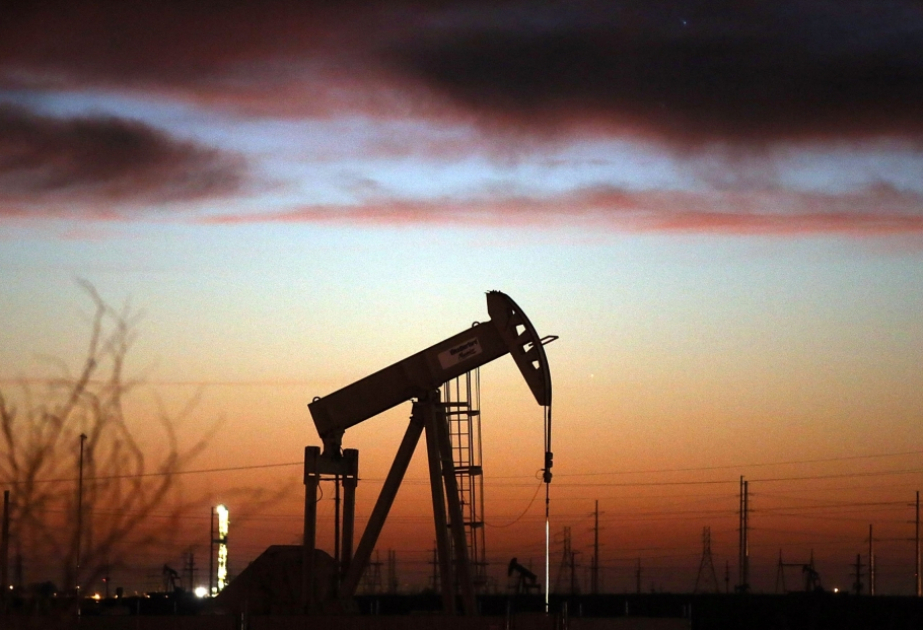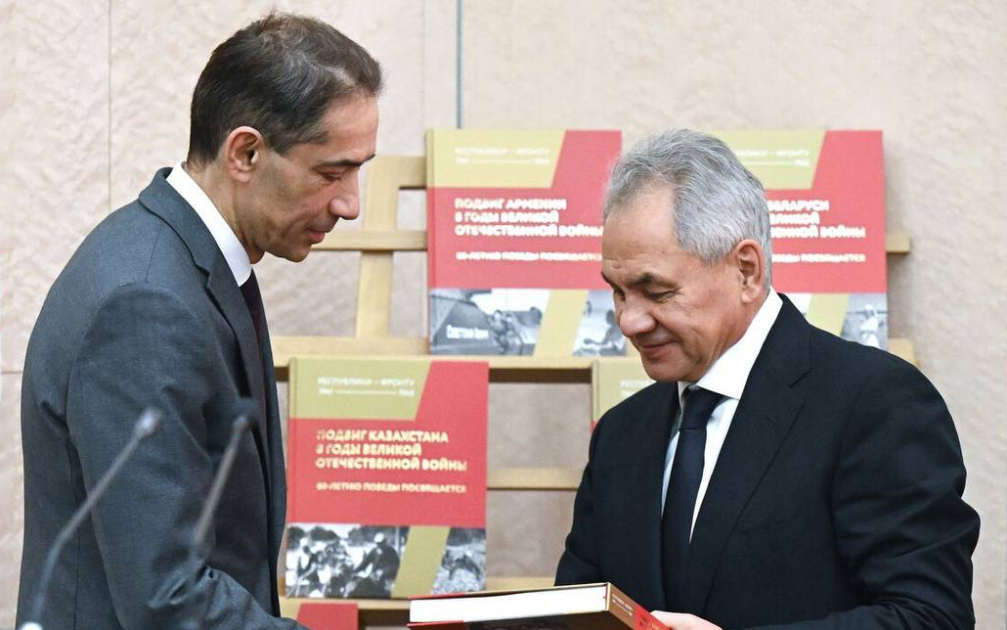The World Bank has lifted its 2013 ban on financing nuclear energy projects in developing countries, President Ajay Banga announced following a board meeting, according to Kazinform News Agency.
“While the issues are complex, we’ve made real progress toward a clear path forward on delivering electricity as a driver of development,” Banga said.
The bank will now support efforts to extend the life of existing reactors, upgrade power grids, and explore small modular reactor technology. Banga noted that electricity demand in developing countries is expected to more than double by 2035, requiring over $280 billion in annual investments.
The U.S., the bank’s largest shareholder, has pushed to end the nuclear funding ban. Board members reached agreement on nuclear energy, but divisions remain over whether to support upstream natural gas projects.
Banga confirmed the World Bank would work closely with the International Atomic Energy Agency (IAEA) to support nuclear safety, regulation, and non-proliferation safeguards.
He emphasized that the bank’s revised strategy allows countries to choose their optimal energy mix — whether solar, wind, hydro, gas, or nuclear.
“Net zero does not mean fossil fuel free. It means, still, that there will be 20% energy coming from fossil fuels,” said Barbados Prime Minister Mia Mottley. “We know natural gas is that clean fuel.”
The bank will continue supporting coal plant retirements and industrial carbon capture, but not enhanced oil recovery.


